


In an exciting breakthrough, researchers have identified cancer drugs that might reverse the effects of Alzheimer's disease in the brain. By analyzing gene expression in brain...

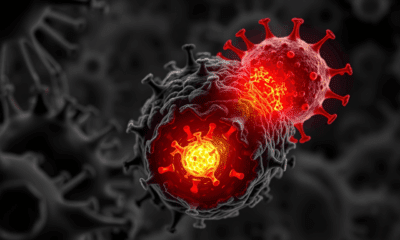

Scientists at UC Davis discovered a small genetic difference that could explain why humans are more prone to certain cancers than our primate cousins. The change...



Psilocybin, the active ingredient in magic mushrooms, might just revolutionize how depression and anxiety are treated in cancer patients. In a groundbreaking trial, a single dose...



A breakthrough study from Keck Medicine of USC may have found a powerful new triple therapy for glioblastoma, one of the deadliest brain cancers. By combining...

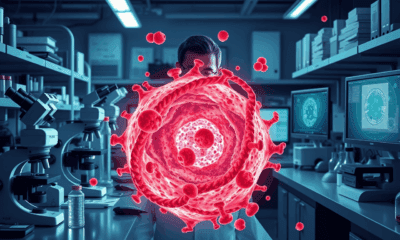

A powerful new discovery reveals that Nup98 a protein once thought to only ferry molecules through the nucleus plays a vital role in safeguarding the most...
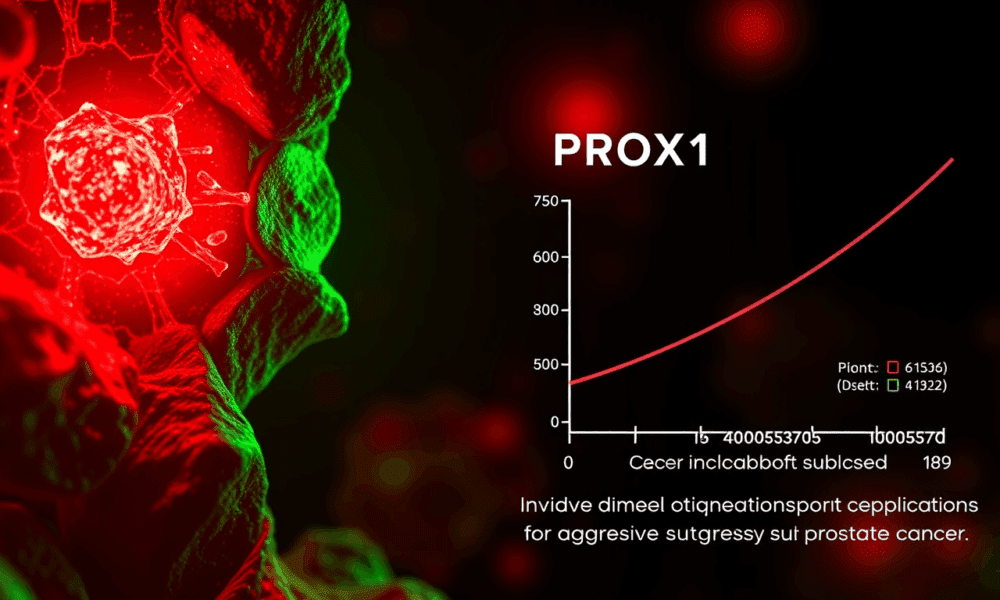
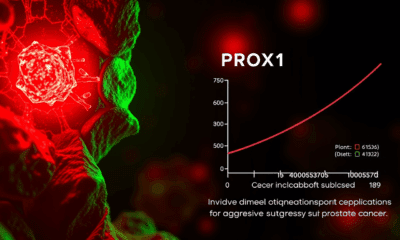

Researchers have identified a gene that plays a key role in prostate cancer cells that have transitioned to a more aggressive, treatment-resistant form. The gene can...
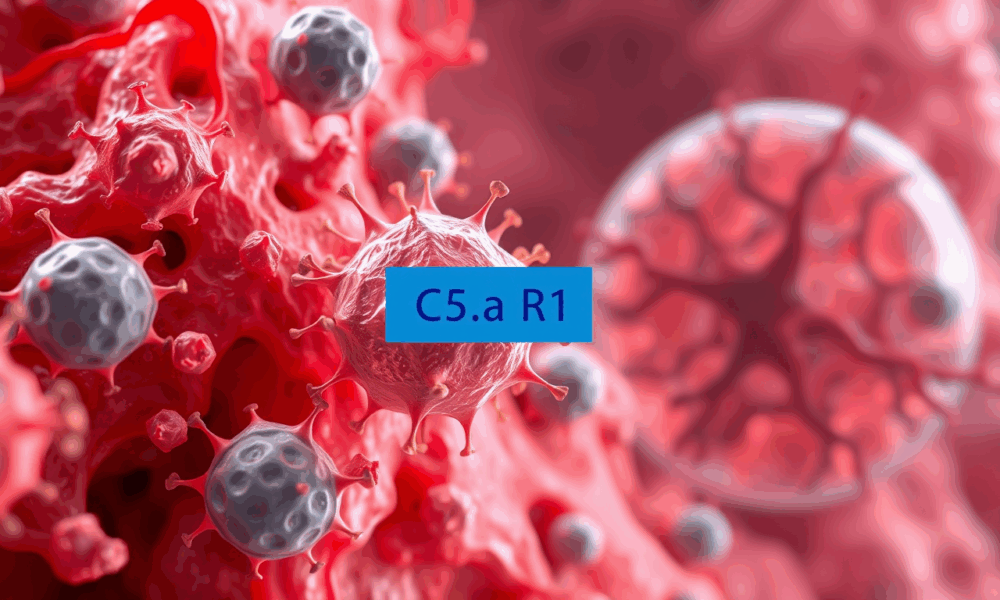
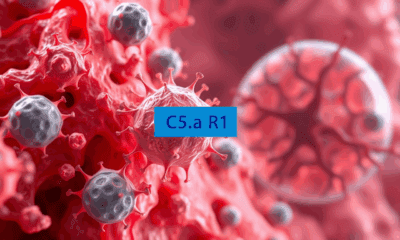

Researchers have identified C5aR1 as a novel biomarker for metastasis risk and poor prognosis in patients with cutaneous squamous cell carcinoma (cSCC), the most common type...
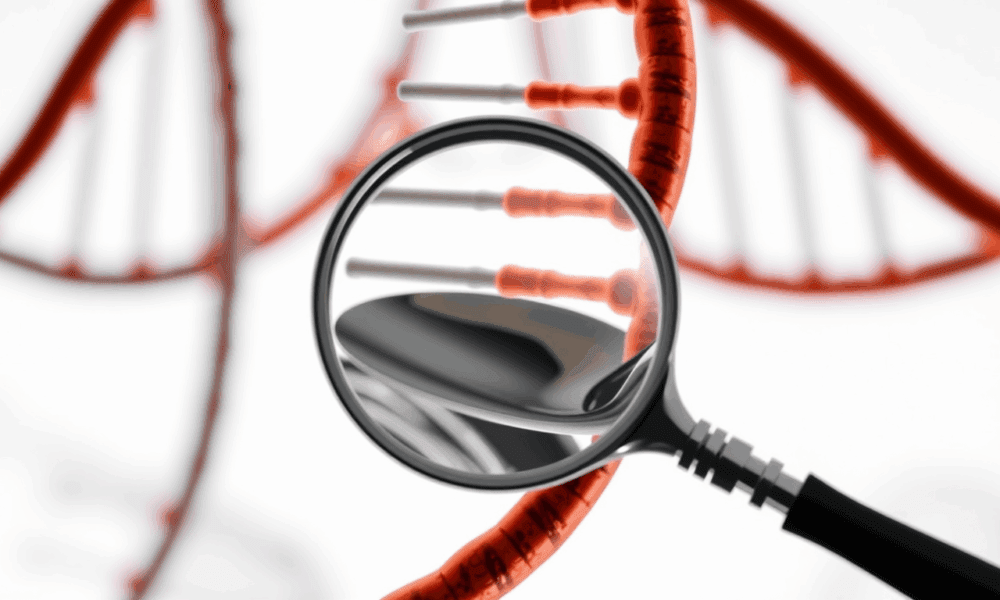
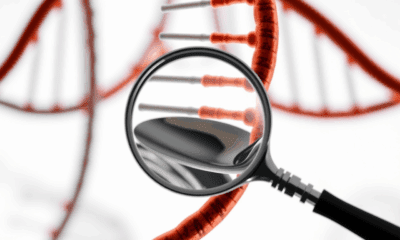

SAVANA uses a machine learning algorithm to identify cancer-specific structural variations and copy number aberrations in long-read DNA sequencing data. The complex structure of cancer genomes...



A study has uncovered a surprising link between diet, intestinal microbes and the efficacy of cancer therapy.

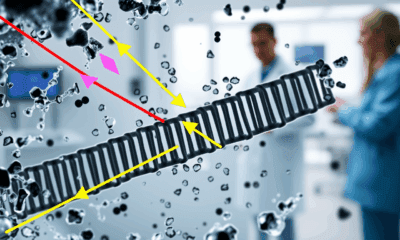

An artificial intelligence technique for detecting DNA fragments shed by tumors and circulating in a patient's blood could help clinicians more quickly identify and determine if...